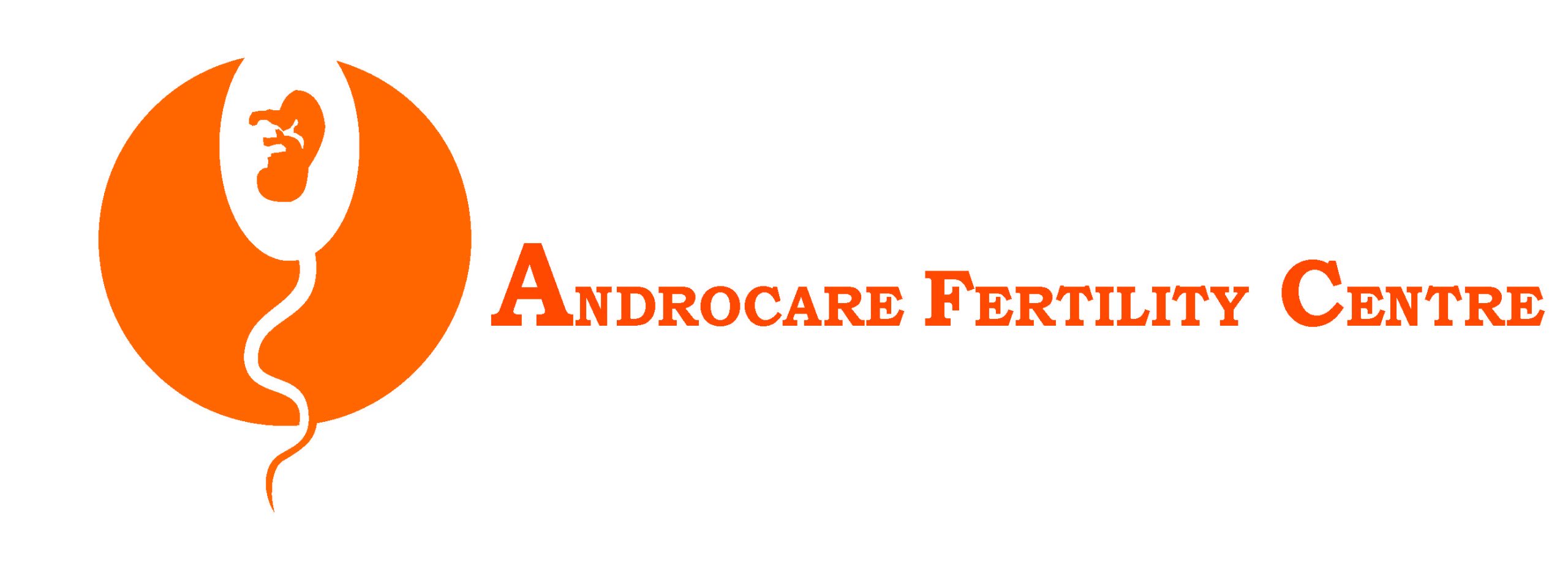- January 17, 2024
- By: Androcare Fertility Center
- No Comments
5 Key Factors Affecting Family Planning Decisions
Introduction
In a world where choices shape destinies, starting a family is pivotal. What factors guide this transformative journey? This article delves into the heart of family planning, unraveling Five key factors. From cultural influences to economic considerations, each factor crucially shapes individuals’ family paths.
Understanding family planning is a complex, personal matter influenced by various factors. Economic stability, cultural norms, and personal health considerations play pivotal roles in decision-making. The changing landscape of gender dynamics adds another layer, emphasizing inclusivity and collaboration in family planning conversations.
Join us on an enlightening exploration into the nuanced dance of these factors, gaining insights into the complex landscape of family planning. From societal expectations to personal beliefs, we’ll navigate the dynamic interplay shaping life’s most profound decisions. Embark on this journey, guided by renowned scholars and practitioners, to uncover the seven key factors molding choices in family planning.
Economic Consideration
Financial Impact on Family Planning
When it comes to family planning, economic considerations play a significant role in shaping decisions. The financial impact of having a child can be substantial, affecting everything from household expenses to future career opportunities. Factors such as the cost of raising a child, including healthcare, education, and daily living expenses, can influence when and how many children a couple chooses to have. Additionally, economic stability is often linked to access to contraceptives and family planning services, making financial status a critical factor affecting these decisions.
Furthermore, economic considerations also extend beyond the immediate costs of raising children. The long-term financial implications of expanding the family, such as saving for college tuition or reducing retirement savings, can shape individuals’ choices regarding family size and timing. At times, financial instability or economic downturns can cause couples to postpone or reconsider their intentions of beginning or growing their families. Ultimately, these factors highlight the complex interplay between personal finances and family planning decisions that individuals navigate in today’s dynamic economic landscape.
Social And Cultural Influences
Traditions And Community Expectations
Social and cultural influences, traditions, and community expectations play a significant role in shaping these decisions. In many cultures, the pressure to have children early and frequently can stem from deep-rooted traditions and community expectations. This can impact individuals’ decisions on birth control use and the number of children they wish to have. Furthermore, societal values around gender roles and familial duty may influence women’s autonomy in making reproductive choices.
Traditions and community expectations around marriage age, gender hierarchy, and family size can significantly impact individuals’ access to education about contraception or their ability to make informed decisions about family planning. For instance, cultural norms that prioritize male preferences for large families could limit women’s decision-making power regarding pregnancy spacing or contraceptive use. It’s essential to recognize these social influences when addressing factors affecting family planning as they underscore the need for culturally sensitive approaches that respect diverse perspectives on fertility control.
Understanding the interplay between social forces such as peer pressure, religious beliefs, traditional customs, and prevailing attitudes toward gender roles provides crucial insights into the complexities of family planning decisions. Initiatives promoting reproductive health must acknowledge these contextual nuances to effectively address factors impacting family planning choices within diverse communities. By shedding light on the intricate web of social and cultural influences influencing family planning outcomes, we can foster a more inclusive dialogue that respects individual autonomy while acknowledging the broader communal context shaping decision-making processes.
Health Factors
Physical And Mental Well-Being
It is essential to take into account the physical and mental health of individuals when examining the factors that influence family planning. Physical health plays a pivotal role in the ability to conceive and carry a baby to term. Factors such as a balanced diet, regular exercise, and avoiding harmful substances like tobacco and alcohol all contribute to enhancing fertility.
Furthermore, the effective management of chronic conditions such as diabetes and hypertension, along with the maintenance of a healthy weight, can have a substantial influence on reproductive health. On the other hand, mental well-being is equally important when it comes to family planning. Stress, anxiety, depression, and other mental health issues can directly affect fertility by disrupting hormone levels and menstrual cycles.
Moreover, the emotional readiness of individuals or couples to take on the responsibilities of parenting should not be underestimated. Seeking support from mental health professionals during this critical phase can provide invaluable assistance in decision-making processes related to family planning.
Acknowledging the multifaceted impact of both physical and mental well-being on family planning decisions is imperative for prospective parents.
Gaining insight into the various factors that influence family planning decisions can provide individuals or couples with the knowledge and confidence to make well-informed choices about their reproductive path, while also placing a strong emphasis on prioritizing their overall health for the benefit of themselves and their prospective families..
Education And Career Goals
Impact On Timing Of Family Planning
When considering education and career goals, the timing of family planning can be significantly impacted. Pursuing higher education or focusing on career advancement may lead individuals to delay starting a family. Factors affecting family planning in this regard include the desire to establish financial stability, achieve professional milestones, and pursue personal growth before taking on the responsibilities of parenthood. This delay in family planning due to educational and career pursuits can also be influenced by societal expectations and cultural norms that prioritize individual achievement before starting a family.
Moreover, the pursuit of specific education and career paths can directly influence an individual’s readiness for parenthood. For instance, rigorous academic programs or demanding careers may require significant time and energy commitments that make it challenging to balance with raising a family. Balancing these aspirations with family planning involves careful consideration of personal priorities, support systems, and flexibility in adapting long-term goals in light of evolving life circumstances. Ultimately, factors affecting family planning need to be carefully evaluated within the context of an individual’s educational and career ambitions to ensure a well-balanced approach to achieving both personal and professional fulfillment while building a future family.
Relationship Dynamic
Communication And Decision-Making With Partner
Relationship dynamics, communication, and decision-making with a partner play critical roles in the journey of family planning. The ability to openly communicate desires and concerns about starting a family is essential in establishing mutual understanding and commitment. Couples need to engage in honest conversations about their individual goals, financial stability, and emotional readiness before embarking on this significant life change. Understanding each other’s perspectives can lead to more informed decisions about when to start a family.
Moreover, various factors affecting family planning can indirectly impact the communication and decision-making process within relationships. Social, economic, and cultural factors can influence individuals’ perceptions of parenthood, leading to differing opinions between partners. Acknowledging these external influences while maintaining open lines of communication is crucial for navigating through potential challenges that may arise during the decision-making process. Embracing these complexities as an opportunity for growth and understanding can ultimately strengthen the bond between partners as they work towards a mutually agreeable plan for expanding their family.
Relationship dynamics heavily rely on effective communication and collaborative decision-making when considering factors affecting family planning. By proactively engaging in transparent discussions while recognizing external influences shaping their views on parenthood, couples set themselves up for a healthier foundation as they move forward with their family planning journey.
Access To Resources
Availability Of Contraception And Healthcare Services
Access to resources and availability of contraception and healthcare services are critical factors affecting family planning. In many parts of the world, limited access to education, economic opportunities, and healthcare facilities can negatively impact individuals’ ability to plan their families. Furthermore, cultural and religious beliefs may influence the accessibility and acceptance of contraception and reproductive health services, further complicating family planning decisions.
Socioeconomic status plays a significant role in determining access to contraception and healthcare services. Low-income individuals may face financial barriers that prevent them from obtaining reliable contraception or seeking necessary medical care related to family planning. Additionally, geographical location can also impact access, as those living in rural or remote areas may struggle to reach healthcare facilities offering reproductive health services. As societies continue to grapple with these challenges, policymakers and stakeholders must address these disparities by implementing comprehensive strategies that improve resource allocation and enhance access to essential family planning resources.
Addressing the multifaceted issues surrounding factors affecting family planning requires a holistic approach that considers socioeconomic disparities, cultural influences, geographic barriers, and individual autonomy. By recognizing these challenges as inherent components of the larger societal context in which family planning decisions are made, we can work towards creating more equitable systems that support individuals in making informed choices about their reproductive health. Ultimately, elevating awareness around these issues is integral in fostering meaningful change.
Conclusion
Balancing Multiple Factors In Family Planning
In conclusion, mastering the art of balancing multiple factors in family planning is essential for achieving desired outcomes. Factors such as economic stability, health considerations, personal preferences, and societal norms play a significant role in shaping family planning decisions. By carefully weighing these factors and understanding their impact on individual circumstances, individuals can make informed choices that align with their values and aspirations.
Moreover, effective family planning requires a holistic approach that considers not only the immediate desires but also long-term implications. It involves recognizing the dynamic nature of these factors and adapting plans accordingly to ensure flexibility and resilience. Acknowledging the complexities inherent in the decision-making process is key to navigating the multifaceted landscape of family planning effectively. Ultimately, by acknowledging and addressing the various factors affecting family planning with thoughtful consideration, individuals can take proactive steps toward fulfilling and sustainable reproductive choices.

